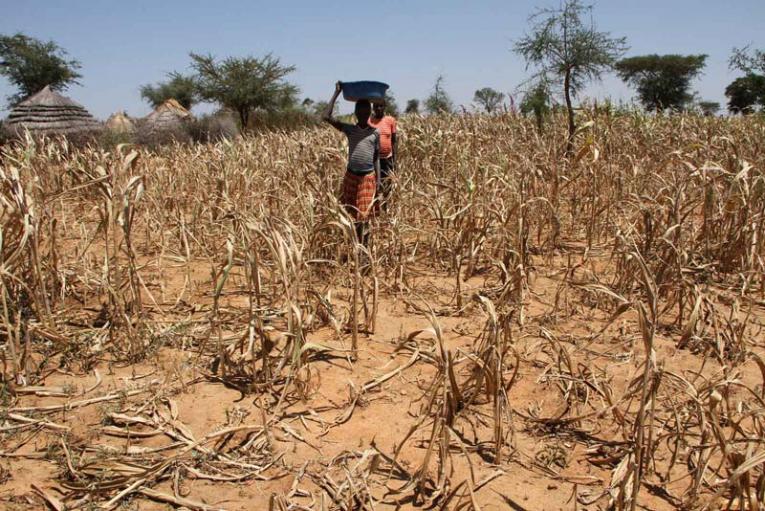
KAMPALA —While I agree with the intellectual and moral integrity of the consistent ethic of life principle, which upholds that every human life — born and unborn — is inherently valuable, dignified, and must be protected, we live in a time in which there is now a more fundamental issue that threatens all life: climate change. For this reason, it seems to me dangerously shortsighted to propose directing our attention, argumentative energies, and financial resources to any singular anthropocentric ethical issue.
Global climate change threatens every life now and poses an existential danger to the very condition of the possibility for future life on this planet. If we are called to be moral agents guided by a seamless garment approach, as I believe we are, then climate change is the body on which such a garment hangs.
The preservation of particular human lives is predicated on the future of the planet and delicate ecosystems on it that make life possible at all.
What good is it to prevent abortions or save the elderly from euthanasia or ensure the elimination of capital punishment if there is no air to breathe, water to drink, land to farm, plants or animals to eat, or habitats free from flooding, hurricanes, wildfires, tornados, earthquakes or some of the other devastating weather phenomena? I’m not suggesting that we ignore those discrete life issues; they demand prayer and action, too. But, let us set priorities right.
47 out of 54 African countries have signed the Paris climate agreement, but the campaign to fight effects of climate change is yet to gain momentum. African has been hardest-hit by drought, floods and water scarcity. Is it really doing enough?
========================================================================
Javira Ssebwami is a reporter with PML Daily, a flagship news product of Post Media Limited. He has interest in climate change, tours & travel and business.







